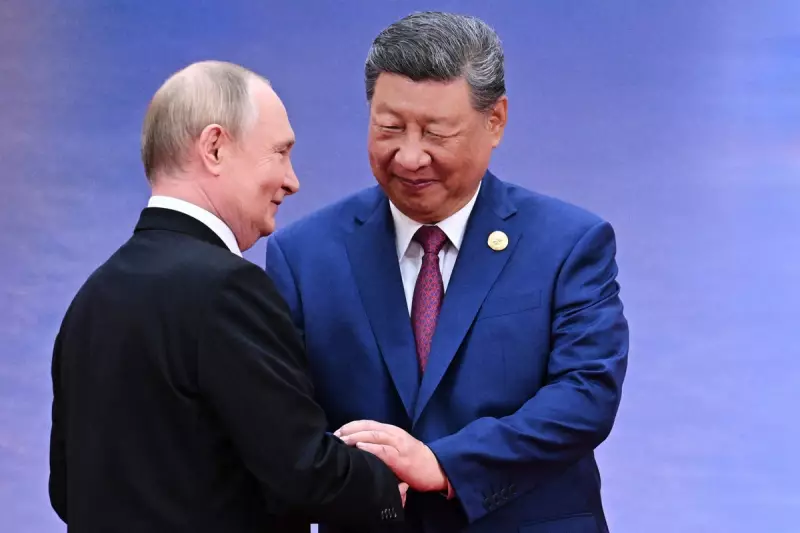
In a seismic shift for global energy markets, China has finalised a landmark agreement with Russia that will see vast quantities of Siberian natural gas flow eastward for decades, fundamentally altering geopolitical alliances and energy security across continents.
The Deal That Redraws The Energy Map
After eighteen months of tense negotiations, Chinese leader Xi Jinping and Russian President Vladimir Putin have cemented terms for the colossal Power of Siberia 2 pipeline project. This monumental infrastructure undertaking will transport approximately 50 billion cubic metres of gas annually from Russia's Yamal peninsula directly to China's energy-hungry economy.
The timing proves particularly strategic for Moscow, which faces dwindling European customers following sanctions over the Ukraine conflict. For Beijing, the agreement represents an extraordinary coup—securing vital energy resources at potentially favourable terms while strengthening ties with a major strategic partner.
Europe's Loss Becomes China's Gain
European nations, once Russia's primary gas customers, have dramatically reduced imports since hostilities began in Ukraine. This left Gazprom, Russia's state-owned energy giant, scrambling to find alternative markets for its vast Siberian reserves.
"China holds all the cards in these negotiations," explains energy analyst Marina Wang. "With Europe largely closed off, Russia has limited options. Beijing knows this and has negotiated accordingly, likely securing extremely favourable pricing terms."
The Pipeline Pathway
The Power of Siberia 2 will traverse challenging terrain across Mongolia before connecting to China's domestic network. This route represents both an engineering marvel and a geopolitical statement—bypassing traditional Western energy corridors entirely.
While construction timelines remain ambitious, the project signifies more than mere infrastructure: it embodies the deepening "no-limits" partnership between Moscow and Beijing, challenging Western energy dominance and creating a new eastward axis for global energy flows.
Global Implications
This agreement signals a permanent realignment in global energy politics. Europe's push toward renewable alternatives and diversified suppliers contrasts sharply with China's calculated move to lock in long-term fossil fuel supplies from a sanctioned nation.
Energy security analysts suggest this deal might provide China with decades of affordable energy while granting Russia an economic lifeline amid Western isolation. The true pricing details remain closely guarded, but market observers suggest Beijing likely secured terms far below previous market rates.
As one Western diplomat noted: "This isn't merely a gas agreement—it's the foundation of a new energy world order, with Beijing firmly at the centre."





